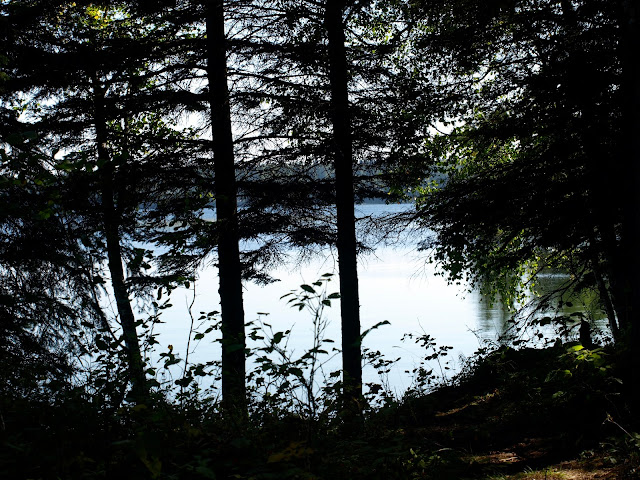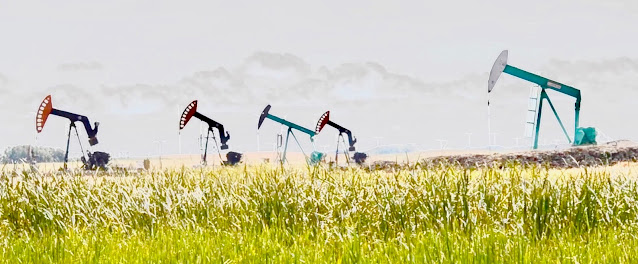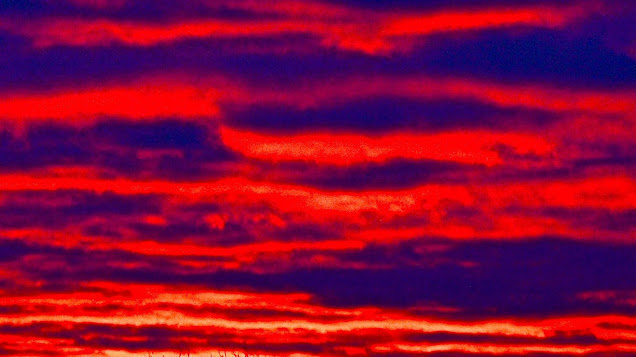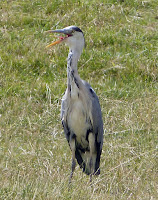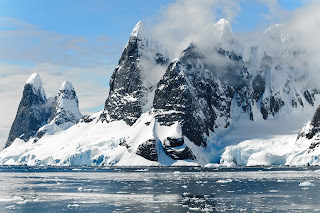More than five million deaths a year can be attributed to abnormal hot and cold temperatures
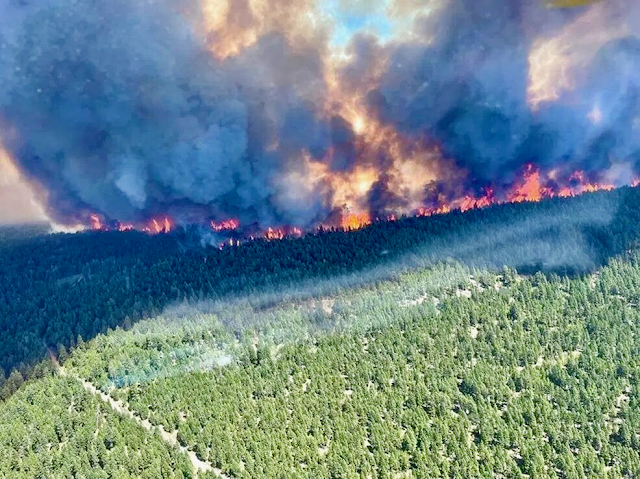
Monash University - Science Daily The Sparks fire during an historic heatwave in BC, Canada. A BC Wildfire Service photo June 20-21. The world's largest study of global climate related mortality found deaths related to hot temperatures increased in all regions from 2000 to 2019, indicating that global warming due to climate change will make this mortality figure worse in the future. The international research team looked at mortality and temperature data across the world. Story here.
